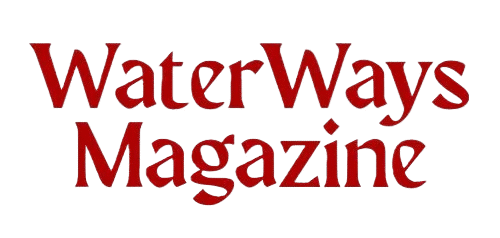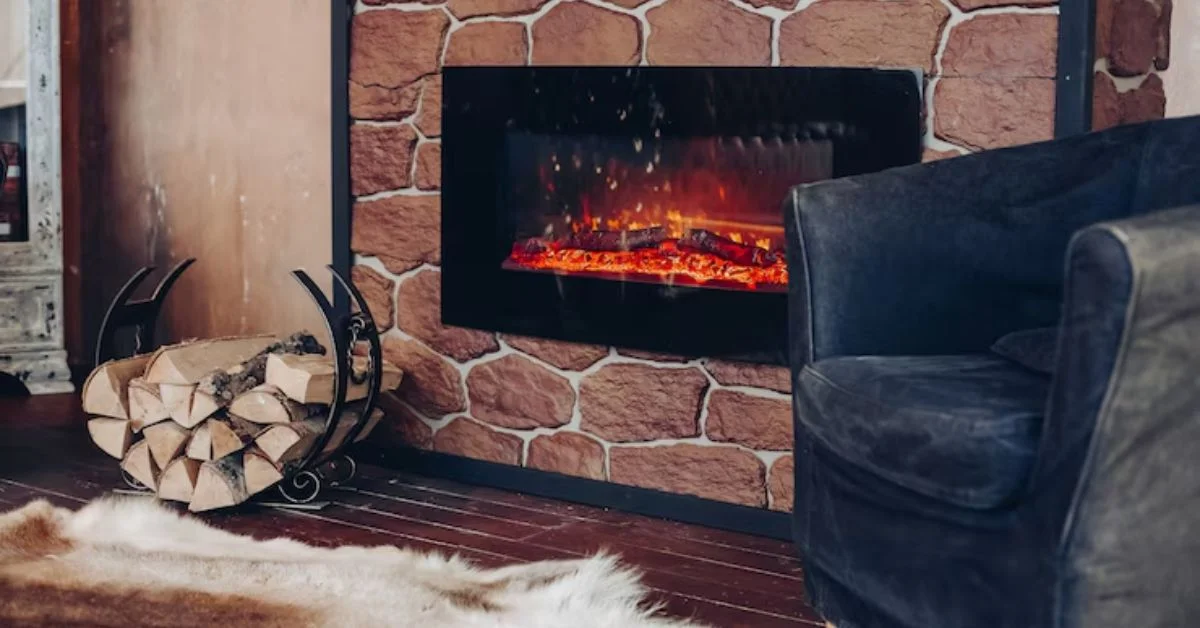For homeowners and designers seeking a fireplace that unites visual elegance with advanced functionality, the Glassfyre fireplace presents a compelling answer. Stripped of traditional bulk and filled instead with luminous transparency and precision engineering, Glassfyre reimagines what a fireplace can be in the 21st century.
Within the first moments of encountering a Glassfyre model, you’ll notice its architectural clarity—frameless glass, linear flames, and minimalistic framing. It is more than a heat source; it’s a sculptural centerpiece that offers ambiance without the compromises of wood-burning or outdated gas fireplaces. For those asking what Glassfyre is and why it matters in modern home environments, this article delivers an updated, thorough exploration.
Understanding the Glassfyre Concept
Glassfyre is not a single product but a design-forward fireplace line characterized by linear fire displays encased in glass, emphasizing clean lines and transparent elegance. These fireplaces are typically gas or electric and meant for indoor or outdoor use in high-design spaces. They emphasize visual openness, often with see-through or multi-sided configurations, and offer both heating capability and atmospheric presence.
Developed for both residential and commercial interiors, Glassfyre fireplaces respond to evolving consumer needs: sustainability, remote control operation, modularity, and design integration.
Key Features of Glassfyre Fireplaces
1. Frameless Glass Design
The defining feature of a Glassfyre unit is its minimal frame. Fire appears to float in space, unobstructed by bulky hearths or mantels. This makes it ideal for:
- Modern homes
- Commercial lobbies
- Hospitality environments
- Multi-room visual connections
2. Linear Flame Technology
Rather than traditional logs, Glassfyre often utilizes flame beds that stretch across the length of the enclosure. Flames dance over glass pebbles, crystals, or lava rocks, producing a long, elegant ribbon of fire.
This design gives the fireplace a sculptural quality, often serving as an artistic installation.
3. Fuel Versatility
Glassfyre units are available in multiple fuel types:
- Natural Gas or Propane (vented or vent-free)
- Electric, offering even more flexibility for apartments or eco-conscious settings
Gas models deliver strong BTU outputs while electric ones focus on ambient heat with zero emissions.
4. Indoor/Outdoor Dual Use
Some models are designed for both interior and exterior installation, often built into walls or dividing elements. This maximizes visual continuity while delivering functional heat where it matters.
5. Remote Operation and Smart Integration
Glassfyre integrates with modern smart home ecosystems. Many units offer:
- Remote control
- Wall thermostat compatibility
- App or voice-command features
The user doesn’t have to physically interact with knobs or pilot lights, enhancing safety and convenience.
The Aesthetics of Transparency
One of the most revolutionary aspects of the Glassfyre fireplace is its commitment to visual lightness. Traditional fireplaces are heavy by design—mantels, brick surrounds, flues. Glassfyre flips that expectation, emphasizing clarity and spatial expansion.
In architectural terms, it aligns with the “invisible function” philosophy: utility without visual intrusion. Glassfyre becomes a medium through which light and warmth flow, rather than a bulky centerpiece.
Sustainability and Eco-Friendly Features
Environmental performance is becoming a non-negotiable for many consumers. Glassfyre fireplaces respond in multiple ways:
- Electric models use no fossil fuels and offer zero-emissions operation
- Vent-free gas options reduce heat loss through chimneys
- High-efficiency burners minimize fuel consumption while maximizing output
- No wood burning means no particulate matter or smoke
These attributes make them suitable for green-certified buildings and low-impact renovations.
Safety Innovations
Safety is a priority, particularly in open-concept designs. Glassfyre addresses this through:
- Double-pane heat-resistant glass
- Cool-touch exteriors
- Automatic shutoff if irregular flame behavior is detected
- Child locks and remote disable functions
These design features make Glassfyre fireplaces family-friendly and compliant with commercial building codes.
Installation Considerations
Glassfyre fireplaces are engineered to fit into a variety of architectural plans:
- New construction: can be integrated into framing and ductwork
- Retrofit projects: slimline electric models fit easily into existing recesses
- Commercial installs: designed for scale and compliance with fire codes
Professional installation is recommended, especially for gas models. However, some electric Glassfyre units are plug-and-play with minimal prep required.
Cost and Value Assessment
Glassfyre fireplaces occupy a premium market segment. Pricing varies based on size, fuel type, and configuration:
- Electric units: $1,000 to $3,000
- Gas models: $3,500 to $8,000+
- Custom designs: $10,000 and above
But the value isn’t just in the fire. It’s in the ambiance, energy efficiency, and architectural cohesion. Compared to masonry fireplaces, Glassfyre models are often cheaper to maintain and can increase a property’s design value significantly.
Applications in Interior and Exterior Design
1. Divider Walls
Glassfyre see-through units serve as functional room dividers, letting fire be viewed from both sides.
2. Outdoor Living Spaces
Weather-resistant models extend patio seasons and add a visual focal point.
3. Spa and Wellness Areas
In wellness centers and bathrooms, electric models add tranquility without humidity or fumes.
4. Hospitality and Retail
Hotels, restaurants, and upscale retail environments use them to create immersive, memorable atmospheres.
Glassfyre in a Post-Pandemic Home Design Era
The COVID-19 pandemic redefined our homes. Comfort, multifunctionality, and beauty became paramount. Fireplaces experienced a resurgence, but with new expectations:
- Clean-burning and low maintenance
- Design flexibility to fit diverse spaces
- Remote operation to suit contactless trends
Glassfyre’s product philosophy aligns with these new priorities, helping transform static rooms into emotionally resonant spaces.
Comparing Glassfyre to Traditional Fireplaces
| Feature | Traditional Fireplace | Glassfyre Fireplace |
|---|---|---|
| Fuel Type | Wood, Gas | Gas, Electric |
| Visual Design | Heavy, rustic | Minimalist, transparent |
| Maintenance | High | Low |
| Smart Integration | Rare | Common |
| Environmental Impact | High (wood smoke) | Low |
| Installation | Complex | Moderate to Easy |
Conclusion
The Glassfyre fireplace is not just an appliance. It is a convergence of art, technology, and eco-consciousness. In a world where consumers value both visual serenity and sustainable choices, it meets the moment with grace and innovation.
From curated interiors to compact apartments and commercial venues, Glassfyre redefines how fire lives in our spaces. As demand rises for clean, smart, and design-integrated heating, Glassfyre stands poised to lead that transformation.
Whether you’re renovating your home or building from scratch, Glassfyre invites you to rethink what a fireplace can be: elegant, efficient, and endlessly captivating.
Frequently Asked Questions (FAQs)
1. What makes Glassfyre fireplaces different from traditional models?
They offer frameless, linear flame designs with modern controls and eco-friendly fuel options, emphasizing aesthetics and function.
2. Are Glassfyre fireplaces safe for families?
Yes. They include safety features like cool-touch glass, automatic shutoff, and child-lock systems, ideal for family homes.
3. Can I install a Glassfyre fireplace in an apartment?
Yes, especially electric models which require no ventilation and minimal structural changes.
4. Are Glassfyre fireplaces energy-efficient?
Absolutely. Both gas and electric versions are designed for high efficiency and low emissions, suitable for sustainable homes.
5. Where can I purchase Glassfyre fireplaces?
They are available through authorized dealers, select interior designers, and high-end home improvement retailers.
For more information, click here.









